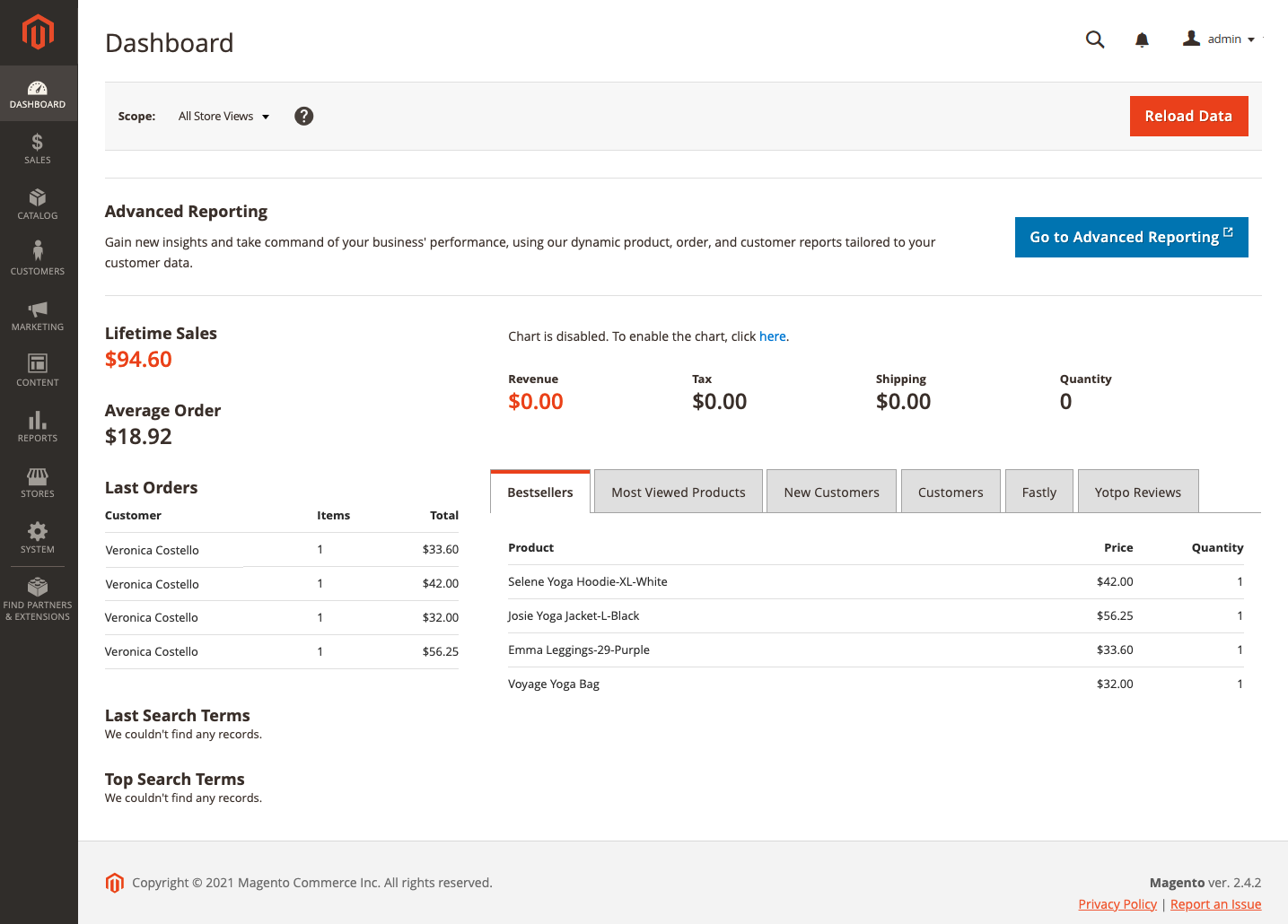In this article, we will learn how to create a B2B marketplace using Magento 2 platform.
Magento 2 is the new beast in the market now what does that means to merchants and developers? Well, Magento 2 is super promising in terms of tech stacks and adaptability towards new tech e.g Composer.
Well, that’s ok but that has anything to do with real merchants and customers? There are a couple of views regarding this in the Magento community.
Do I Need to Migrate to Magento 2?
I will explain things in my way. I personally think if you are already running a webshop on an older version of Magento and the online shop is productive that means you are getting orders there is no way you should upgrade to Magento 2.
Upgradation is always hard and consumes a lot of time. As a merchant, you should focus more on commerce, customer satisfaction, fast delivery, and many more customer-centric approach.
But yes there is one aspect which is security updates, those updates are critical and need to be updated regularly which can be tested here
If you are fully updated with security patches, speed is fine and you are getting orders regularly. I would suggest not upgrading to Magento 2.
So When Do I Need to Use Magento 2?
I think the best answer would be if you are starting fresh. That means you are starting your new online shop Magento 2 will be the best choice.
Enough talk about Magento 1 and Magento 2 now let us focus on how to create a B2B marketplace using Magento 2 and its brilliant tech stacks.
BTW I will be a little biased & shameless towards promoting the Webkul Magento 2 Marketplace extension.
How to Build B2B Multi-Vendor Marketplace Using Magento 2
B2B industries are changing very quickly and what we truly believe in from our experience is that every B2B business is unique and modularity is something required for building a scalable B2B solution.
Before coming to the B2B marketplace, merchants need to be very sure that the platform is scalable and secure.
Magento 2 is by far the best choice, Magento is already a proven name in the E-commerce ecosystem and Magento 2, as I stated earlier comes with great tech stacks.
So, in my opinion, Magento is by far the best platform to start your B2B e-commerce system.
Let us discuss the essential features of any B2B e-commerce system.
Customer Quotation / Bulk Order Quote
Customer quotation is a must-have feature for any b2b ecommerce system whether it’s a marketplace or not. So “why the quote feature is important for b2b needs” and the simple reason is “bulk order”.
Generally in any b2c kind of marketplace, whether it’s Amazon or Etsy or Flipkart, there is always an order stock limitation.
What does that mean? Its simple buyers can purchase a limited stock of any item not in bulk.
Against the above situation in the B2B E-commerce marketplace, there is no such limitation on stock purchase, even during starting the purchase of the item initial focus is not towards the stock. Why is that?
“B2B Purchasing cycle is longer as compared to B2C “
Quote provides the feature by which manufacturer or producer or vendor can discuss the order pricing based on the order volume and customer group level and many more features.
Webkul B2B Quote system powers all the features in one place.
Complete & Flexible Pricing
Although Magento 2 comes with a range of pricing schemes including per-product price, special price, per-group / per website and tier pricing but still not enough.
B2b Pricing is way too complex including showing the price to the customer after login. Even B2b requires a more complex pricing schema like a price list.
Extendable Vendor Form Registration
As I stated earlier every B2B business is unique. Registration forms play a major role in acquiring information from customers or vendors/producers.
As Magento 2 comes with limited fields of information and in mainly B2C e-commerce segment it is advised to have fewer fields in the customer signup form but against this B2B requires more information and requires more fields.
With Marketplace Vendor Attribute Manager, the vendor/producer/manufacturer sign-up forms can be customizable to add custom form fields.
That is all for this article thank you for reading the content, see you in the next one. Also, any more queries on building a customized B2B Marketplace using Magento 2, collaborate with our team over [email protected]



Be the first to comment.